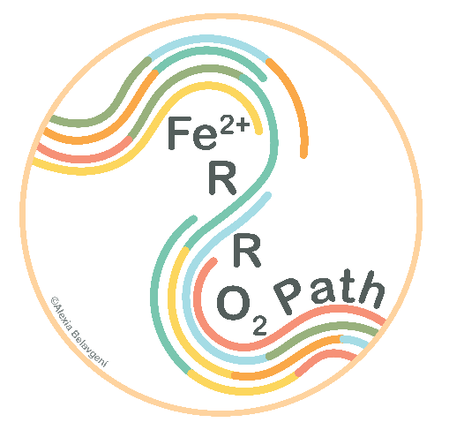Sie befinden sich hier
Inhalt
Ischemia-reperfusion injury (IRI) is the cause of a variety of diseases such as stroke, myocardial infarction, acute kidney injury, as well as tissue damage during solid organ transplantation. Ferroptosis, a form of regulated cell death, has been identified as a common pathomechanism of IRI and represents a promising target for therapeutical intervention. The increasing research efforts into the mechanism of ferroptotic cell death, has enabled the identification of promising ferroptosis inhibitors, however, these have not yet been approved for the treatment of IRI.
In this project, we address this challenge by focusing on the effects of IRI and getting a more detailed understanding of ferroptotic cell death in IRI models. In order to further characterize the pathological features of cell death propagation and necroinflammation, it is crucial to analyze the effects in an in vivo setting. However, until now, there is no biomarker that can clearly detect ferroptosis. To address these challenges and better predict IRI and the consequences, we are collaborating with experts in the fields of (oxi-)lipidomics, bioinformatics, drug discovery, immunology, organ transplantation and preclinical research aiming to find a lipid signature characteristic for IRI. Further, we assess the efficacy of ferroptosis inhibitors in IRI models, aiming to prevent IRI-induced cell loss, tissue dysfunction and necroinflammation.


